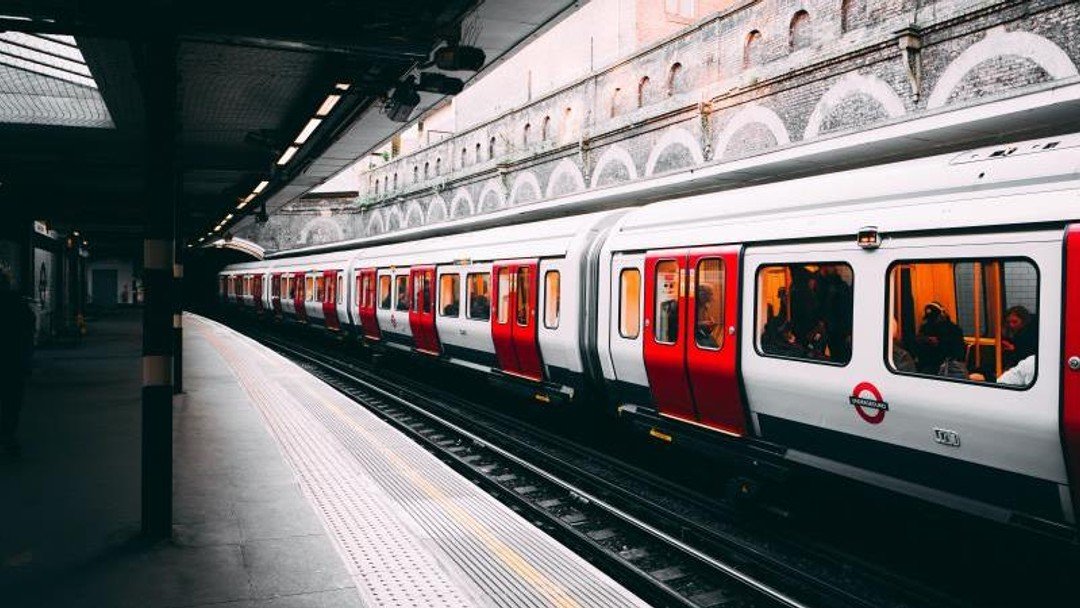Right to a refund: train travel law

Samantha Greer considers railway companies and consumer rights
All rail operators must comply with the Ticketing and Settlement Agreement (TSA), National Rail Conditions of Travel (NRCOT) and consumer law (Consumer Rights Act 2015). The TSA is an industry agreement that sets out the general obligations and restrictions, such as rules on refunds. Within the schedule of the TSA, there is a further set of terms and conditions between the consumer and the rail operator, namely the NRCOT. As the NRCOT is customer-facing, it must comply with consumer law. NRCOT Condition 30 states that passengers are entitled to a fee-free refund (ordinarily charged at £10 cap) where there is a cancellation, or the reservation cannot be honoured. All rail ticket operators are bound by the TSA, and changes are only permitted by the Secretary of State.
What does the data say?
A survey by the Office of Rail and Road (ORR) between 2019 and 2020 showed that out of all refunds, 97.7 per cent were made by nonseason ticket holders. Season ticket holders only held at 2.1 per cent of refunds. By and large, the survey revealed that regarding penalties or “admin charges”, there was a considerable variation between operators. Also of interest, not all operators were charging the full £10 administration fee to consumers, and some 29 per cent waived the penalty fee altogether. On average, £3.77 per ticket was charged to the consumer, which is lower than the full £10 cap imposed by the NRCOT. It is possible that, due to the pandemic, these figures are not something we can completely rely on, and we would need to see the results of a longer duration to see a trend. Looking at comparable industries, the survey shows that with Eurostar being an exception, all other transportation services charged their customers £5 or imposed a complete ban on fee charging.
Am I entitled to a refund?
Condition 6-49 (1) states: “An operator must make a refund in respect of any rail product it has sold if the purchaser of the rail product is entitled to the refund under the National Rail Conditions of Travel, the CIV Rules, or any other conditions of which it is aware to which the rail product is subject. A passenger is also entitled to claim a refund for ANY rail product if the customer was prevented from using it when he wished to due to severe disruption of services.” Under Condition 64-9(2), passengers are entitled to a discretionary refund where (c) the extent of the refunds made by the operator is proportional to the extent the purchaser is prevented from using the ticket. There is also a claim possible where the passenger can show that hardship would be caused if a refund is not given.
What is meant by severe disruption?
We will probably need to look at how other comparable industries view this, but arguably, reduction of timetables is a ‘severe disruption’. The NRCOT sits at Schedule 24 of the TSA. Part F of the NRCOT also apply. But let’s make it more difficult. When dealing with season ticket holders, we then need to go to the individual Train Companies Charter for refunds because, under condition 20 of the NRCOT, it excludes season tickets despite the language under the TSA referring to all rail products.
An example
Let’s take East Midlands Rail (EMR, for no particular reason other than it is my closest rail operator). Season ticket holders can claim a refund, but EMR will work out the duration of your ticket remaining to work out the refund due for a single journey. Where there are engineering works, and an adjusted timetable is required, the passenger is entitled to compensation. This is calculated according to the new timetable. Any “do not travel” warnings will entitle a season ticket holder to a full refund. So, any adjusted timetable does, in the East Midlands at least, offer a refund. But be warned – if there is more than one train operator involved, only part of your claim will be dealt with by the first train company. The remaining claim must be passed to the second, who may have different rules. Is this a fair process for consumers? For now, the NRCOT applies – but to have multiple charters is likely to cause a disproportionate disadvantage to a season ticket holder, which is contrary to consumer law
Samantha Greer is senior consultant commercial solicitor with Setfords Solicitors :setfords.co.uk